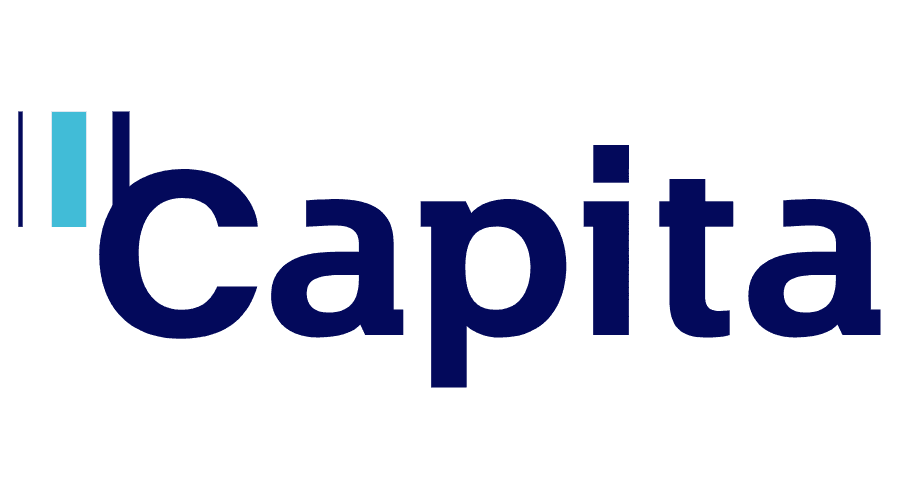On 25th June 2025, the Education Policy Institute (EPI) held a public webinar on the theme of ‘Workforce sustainability in the modern school system’. This event was organised in partnership with Capita. This was the first in a series of three webinars, building on the data from EPI’s effective school groups tool.
Please find the recording below:
Access to high-quality teaching is the single biggest lever schools have for improving educational outcomes, particularly for pupils from disadvantaged backgrounds. The government has pledged to recruit 6,500 teachers by the end of this parliament but retaining the teachers and leaders we already have is also key to achieving positive outcomes for children and young people, and meeting the government’s mission to break down barriers to opportunity for all. However, teachers are continuing to leave the profession before retirement; EPI analysis of the latest DfE statistics on the state of the teaching workforce shows that the pandemic recruitment boost has stalled and retention rates continue to fall, citing challenges including pay, work-life balance and workload.
It is not surprising that in EPI’s Effective School Groups project, multi-academy trust (MAT) leaders identified recruitment as their biggest challenge. The associated data tool provides measures of teacher and teaching assistant turnover annually and cumulatively for individual school groups. They show that MATs typically lose around a third of their classroom teachers over a three year period.
So what are the potential solutions to the recruitment and retention crisis? And what role can more effective use of data and their insights play?
Firstly, there is strong evidence that targeted financial incentives can significantly improve teacher retention rates; UCL research finds that maths and science teachers are 23% less likely to leave teaching in state funded schools in years they were eligible for payments. The government currently offer retention incentive payments for chemistry, computing, maths and physics teachers.
Another potential solution, strongly supported by the Department for Education, is greater use of technology, particularly generative artificial intelligence, to reduce the day-to-day administrative burdens and free up teachers’ time to focus on the core business of teaching. While technology offers great promise, EPI analysis of DfE and Teacher Tapp data finds that its benefits have not been felt equally amongst educators and more research is needed on the actual usage and adoption of edtech products in schools in England, especially in schools with more disadvantaged pupils.







